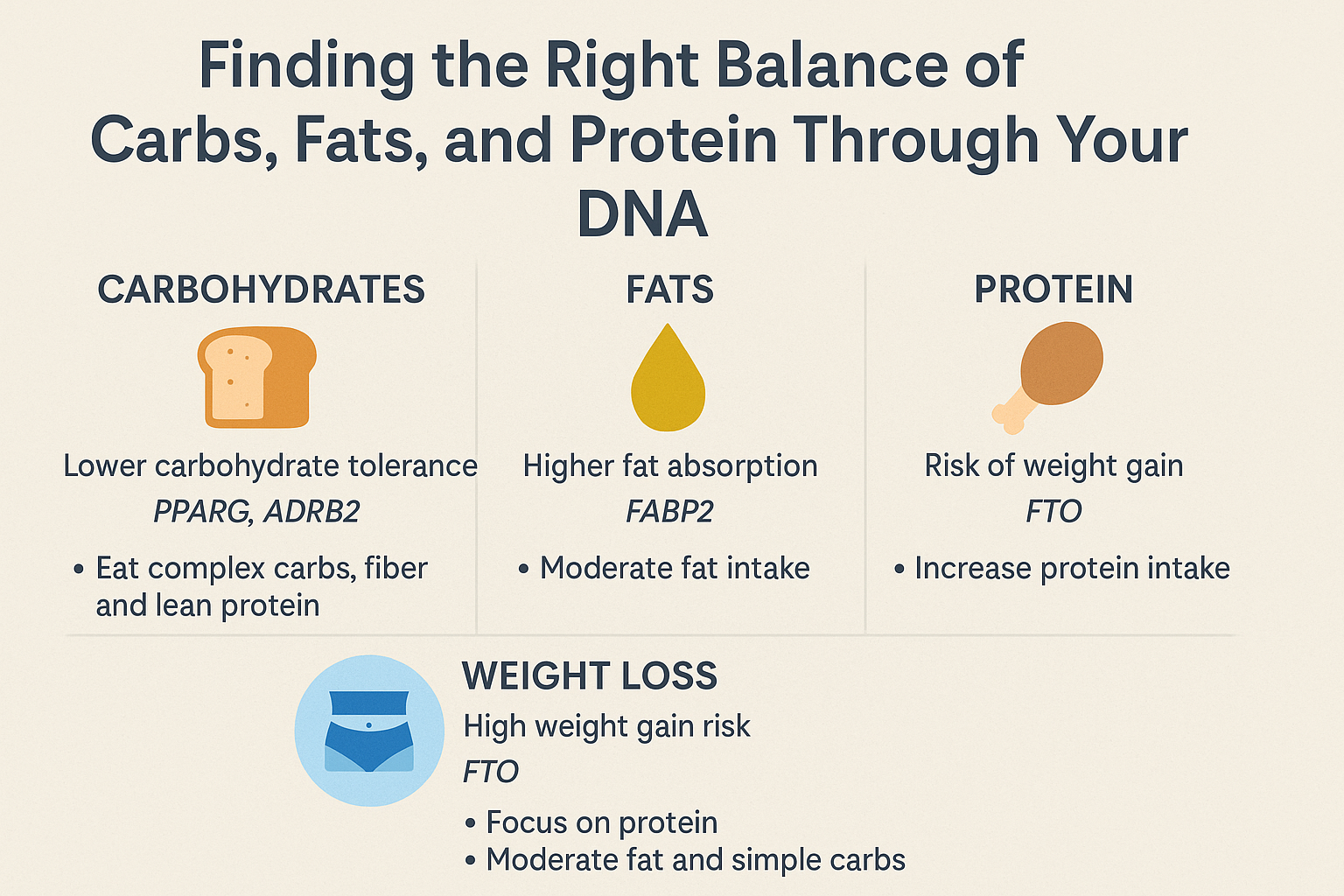Interview multiple candidates
Lorem ipsum dolor sit amet, consectetur adipiscing elit proin mi pellentesque lorem turpis feugiat non sed sed sed aliquam lectus sodales gravida turpis maassa odio faucibus accumsan turpis nulla tellus purus ut cursus lorem in pellentesque risus turpis eget quam eu nunc sed diam.
Search for the right experience
Lorem ipsum dolor sit amet, consectetur adipiscing elit proin mi pellentesque lorem turpis feugiat non sed sed sed aliquam lectus sodales gravida turpis maassa odio.
- Lorem ipsum dolor sit amet, consectetur adipiscing elit.
- Porttitor nibh est vulputate vitae sem vitae.
- Netus vestibulum dignissim scelerisque vitae.
- Amet tellus nisl risus lorem vulputate velit eget.
Ask for past work examples & results
Lorem ipsum dolor sit amet, consectetur adipiscing elit consectetur in proin mattis enim posuere maecenas non magna mauris, feugiat montes, porttitor eget nulla id id.
- Lorem ipsum dolor sit amet, consectetur adipiscing elit.
- Netus vestibulum dignissim scelerisque vitae.
- Porttitor nibh est vulputate vitae sem vitae.
- Amet tellus nisl risus lorem vulputate velit eget.
Vet candidates & ask for past references before hiring
Lorem ipsum dolor sit amet, consectetur adipiscing elit ut suspendisse convallis enim tincidunt nunc condimentum facilisi accumsan tempor donec dolor malesuada vestibulum in sed sed morbi accumsan tristique turpis vivamus non velit euismod.
“Lorem ipsum dolor sit amet, consectetur adipiscing elit nunc gravida purus urna, ipsum eu morbi in enim”
Once you hire them, give them access for all tools & resources for success
Lorem ipsum dolor sit amet, consectetur adipiscing elit ut suspendisse convallis enim tincidunt nunc condimentum facilisi accumsan tempor donec dolor malesuada vestibulum in sed sed morbi accumsan tristique turpis vivamus non velit euismod.
Research has shown that specific genetic variations influence how efficiently our bodies process carbohydrates, fats, and proteins—meaning your ideal diet might look very different from someone else’s.
For example, variations in the FABP2 gene can affect how efficiently your body absorbs fat. People with certain versions of this gene may experience higher levels of “bad” LDL cholesterol when eating high-fat diets and could benefit from moderating fat intake【1】. Similarly, variants in the FTO gene have been linked to appetite regulation and a predisposition to weight gain, suggesting that individuals with risk alleles may benefit from higher protein intake to feel fuller longer【2】.
Carbohydrate tolerance can also vary. Variants in genes like PPARG and ADRB2 may influence how sensitive you are to insulin and how effectively your body uses glucose【3】. If your DNA suggests lower carbohydrate tolerance, a balanced diet with complex carbs, fiber, and lean protein might help keep blood sugar stable.
This information can also be particularly valuable for weight management. If your genetic profile indicates a higher risk of weight gain, tailoring your macronutrient balance can make weight loss efforts more effective. For example, focusing on protein may help reduce hunger, while moderating fat and simple carbs can prevent energy crashes and overeating. Instead of relying on generic diet trends, you can use your DNA insights to create a sustainable eating plan that works with your biology—not against it.
Understanding your genetic profile doesn’t mean following a rigid plan—it’s about finding the right macronutrient balance for you. Personalized nutrition can empower you to make smarter choices that align with your biology, leading to more sustainable health outcomes.
Sources:
- Corella D, et al. Nutr Metab Cardiovasc Dis. 2007.
- Loos RJF, Yeo GSH. Nat Rev Endocrinol. 2014.
- Memisoglu A, et al. Diabetes. 2003.
Subscribe to our newsletter
Never miss out on our latest news, developments and special offers.







